The Ultimate Guide to Buying Comics: Do's and Don'ts of Comic Book Collecting
Comics have long been a cherished form of entertainment and self-expression, captivating readers of all ages with their blend of dynamic artwork, compelling storylines, and diverse characters. Whether you’re a lifelong comic book fan or a newcomer looking to explore the world of graphic novels, comic collecting has grown into a global phenomenon with a deep cultural significance. From the superhero classics of Marvel and DC to independent comics and webcomics, the world of comics is vast and ever evolving.
If you’re considering starting a comic collection or want to expand your existing stash, it’s important to understand the dos and don’ts of comic book collecting. Comics, much like other forms of art, can increase in value, foster creativity, and connect you with a passionate community of fans. However, collecting comics involves much more than just picking up a few issues off the shelf. In this article, we’ll guide you through the essentials of comic collecting, highlight the common pitfalls, and explain the importance of caring for your comics. Whether you're shopping online for your next big purchase or building your comic book library, these tips will ensure you're making wise decisions.
Why Buy Comics?
Before diving into the do and don’ts of comic book collecting, let’s take a look at why you might want to buy comics in the first place. Comics are more than just colorful entertainment; they serve as an essential part of modern pop culture, influencing movies, TV shows, fashion, and even social movements. Collecting comics allows you to do the following.
1. Immerse Yourself in a Rich Cultural History
Comics are an integral part of the cultural fabric of many societies. From the golden age of comic books in the 1930s to the rise of graphic novels in recent decades, comics have evolved into a unique blend of visual storytelling and literary art. Many iconic comic characters like Superman, Batman, and Spider-Man have become cultural symbols, influencing not just comics, but film, television, and even fashion.
2. Preserve Comic Book History
Owning classic comics or limited-edition prints is like owning a piece of pop culture history. Many comics from the golden age (1930s-1950s) have gained historical significance and can be worth a lot of money if properly maintained. These vintage issues can be valuable both in terms of monetary value and cultural importance.
3. Explore Diverse Genres and Artistic Styles
Comics aren’t just for superhero fans! The medium spans a wide range of genres, from fantasy and horror to science fiction, memoirs, and social commentary. Whether you're drawn to the action-packed world of caped crusaders or prefer the introspective narratives of indie comics, there’s something for every taste.
4. Support Artists and Creators
When you buy comics, you're also supporting the creators behind the stories and artwork. With the rise of independent comics and webcomics, more creators have direct access to readers. Purchasing comics online is an excellent way to ensure that your favorite artists continue to make the stories you love.
Now that we’ve established why comics are worth buying, let’s dive into the do’s and don’ts of comic book collecting to help you become an informed collector.
The Do’s of Comic Book Collecting
1. Do Your Research
Before making a purchase, take the time to do some research. Whether you're buying a rare comic or simply adding a new issue to your collection, it's important to understand the value of the comic and the current market. Research factors like:
- Print Runs: Limited print runs often make comics more valuable. The rarer the comic, the higher the potential value over time.
- Condition: The condition of a comic is crucial to its value. Comics are graded based on their physical condition, with higher grades indicating better preservation. For example, a comic in mint condition (CGC 9.8 or above) will likely be more valuable than one that’s well-worn.
- Key Issues: Some comics are particularly valuable due to their significance in the comic book universe (e.g., the first appearance of a popular superhero or major storyline). These “key issues” are often more sought after by collectors.
Researching the value of a comic can be done through comic book marketplaces, collector’s guides, and expert websites that track pricing trends.
2. Do Invest in Comic Book Storage
The condition of your comics will directly affect their value. If you’re collecting comics for their long-term value, you’ll want to invest in proper comic book storage. Some essential tips include:
- Comic Book Bags and Boards: These protective materials keep your comics flat and free from damage. Archival-quality bags and boards are the best choice for long-term preservation.
- Comic Book Boxes: Store comics in acid-free comic book boxes to protect them from dust, light, and physical wear. These boxes will keep your collection organized and safe from external damage.
- Climate Control: Avoid storing your comics in areas that are too hot, cold, or humid. Extreme conditions can cause paper to yellow or warp, which could decrease the comic's value.
3. Do Buy from Reputable Sources
Whether you’re buying comics online or in person, always purchase from reputable sources. This ensures you’re getting authentic, high-quality comics. Trusted online stores and established comic book retailers will often provide detailed descriptions, pictures, and grading information for the comics they sell.
When shopping online, be sure to check reviews and ratings of the seller. Many established online marketplaces such as eBay, Amazon, and specialized comic book websites allow sellers to showcase their reputation, so you can purchase with confidence.
4. Do Build a Focused Collection
While it can be tempting to buy every comic you come across, a focused collection will likely prove more valuable in the long run. Consider narrowing your collection down to:
- Specific Characters or Series: If you’re passionate about a particular superhero or creator, focus on comics related to that series.
- Era or Genre: You may choose to collect comics from a specific era (e.g., Golden Age, Silver Age) or genre (e.g., horror, sci-fi, fantasy).
- First Appearances or Limited Editions: Key issues such as first appearances of iconic characters or limited-edition runs are highly sought after.
A focused collection allows you to better appreciate the significance of the comics and makes it easier to manage and organize.
The Don’ts of Comic Book Collecting
1. Don’t Ignore Comic Book Condition
Condition is everything when it comes to comic collecting. While it may be tempting to grab a comic just because it’s affordable, buying comics in poor condition could significantly diminish their value. Pay close attention to:
- Creases: Large folds or creases can lower the grade of your comic.
- Tears or Rips: Even minor tears can affect a comic’s value.
- Water Damage: Moisture can warp and discolor pages, rendering a comic less valuable.
- Color Fading: Sunlight can cause colors to fade, so always store your comics in a cool, dark place.
Before purchasing a comic, always inquire about its condition and request high-quality images if buying online. It’s easy to get excited about purchasing a comic that you’ve been wanting for years but avoid buying it in a rush without considering the price. Use market research tools like eBay’s “Sold Listings” feature to check current prices of similar comics in comparable condition.
2. Don’t Keep Comics in Non-Archival Materials
While it’s tempting to store comics in whatever materials are handy, this is a huge mistake. Non-archival materials like regular plastic bags or cardboard can cause damage over time. Acidic materials can cause the pages to yellow and weaken the paper, devaluing the comic.
To preserve your comics in pristine condition, always use archival-quality bags and boards designed for long-term storage. These materials protect comics from harmful chemicals and environmental factors.
3. Don’t Forget to Keep Track of Your Collection
When building a comic book collection, it’s easy to forget which comics you have or how much you paid for them. This lack of organization can lead to duplicate purchases or difficulty in tracking the value of your collection. Keep an organized inventory of your comics, including:
- Titles and Issues: Record the specific comics in your collection.
- Condition Grading: Document the condition of each comic to ensure you know its value.
- Purchase Price: Note how much you paid for each comic, so you can track potential appreciation in value.
Many collectors use digital tools and apps to manage their inventory, making it easy to access information about their comics at any time.
Conclusion: Start Your Comic Collection with Confidence
Comic book collecting is an exciting, rewarding hobby that allows you to immerse yourself in a world of art, storytelling, and cultural history. By understanding the dos and don’ts of comic book collecting, you can build a collection that not only brings you joy but also holds long-term value.
Remember, always do your research, protect your comics properly, and buy from reputable sources. Stay focused on your collecting goals and avoid overpaying for common issues or neglecting the condition of your comics. By taking these steps, you’ll not only ensure that your collection flourishes but also preserve a piece of pop culture history for years to come.
So, what are you waiting for? Start your collection today! Explore online comic stores for rare finds, new releases, and iconic back issues, and build a collection that reflects your passion for comics and their cultural significance. Buy comic books at CycloneSale.com for all your superhero buying needs today!



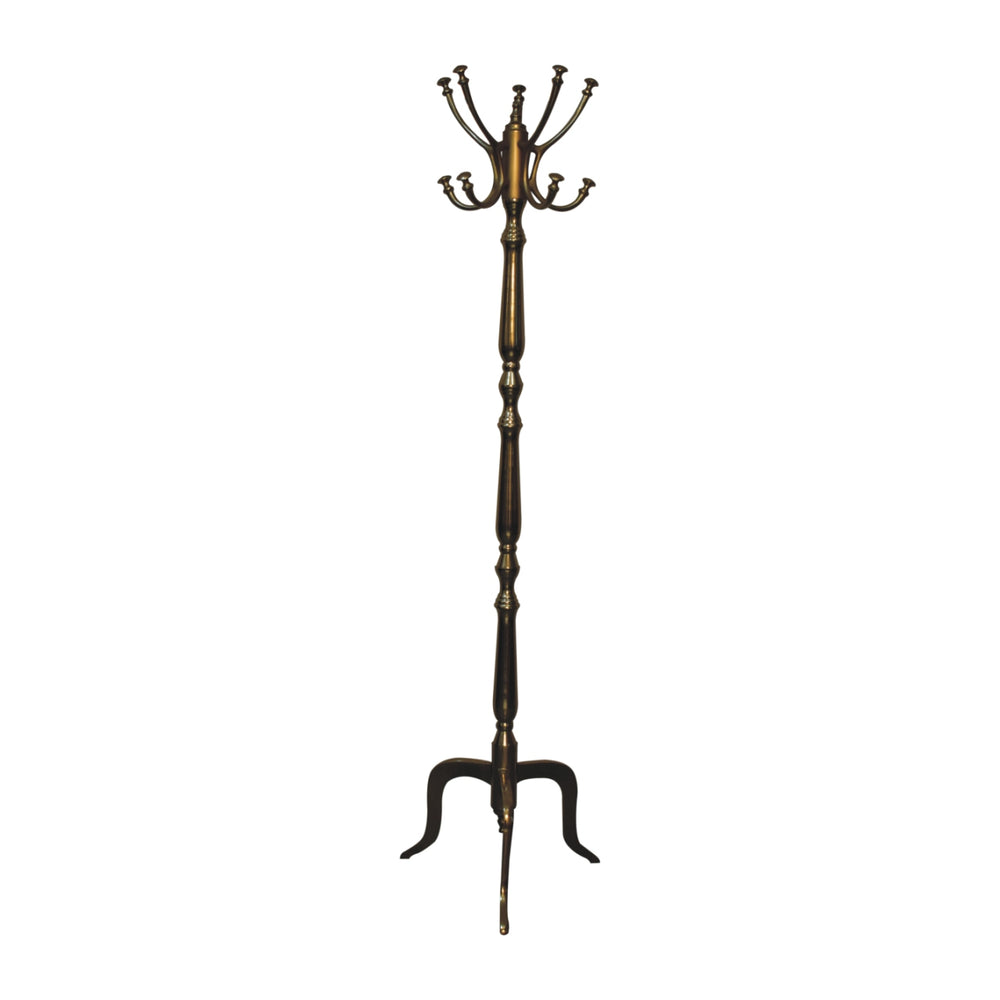






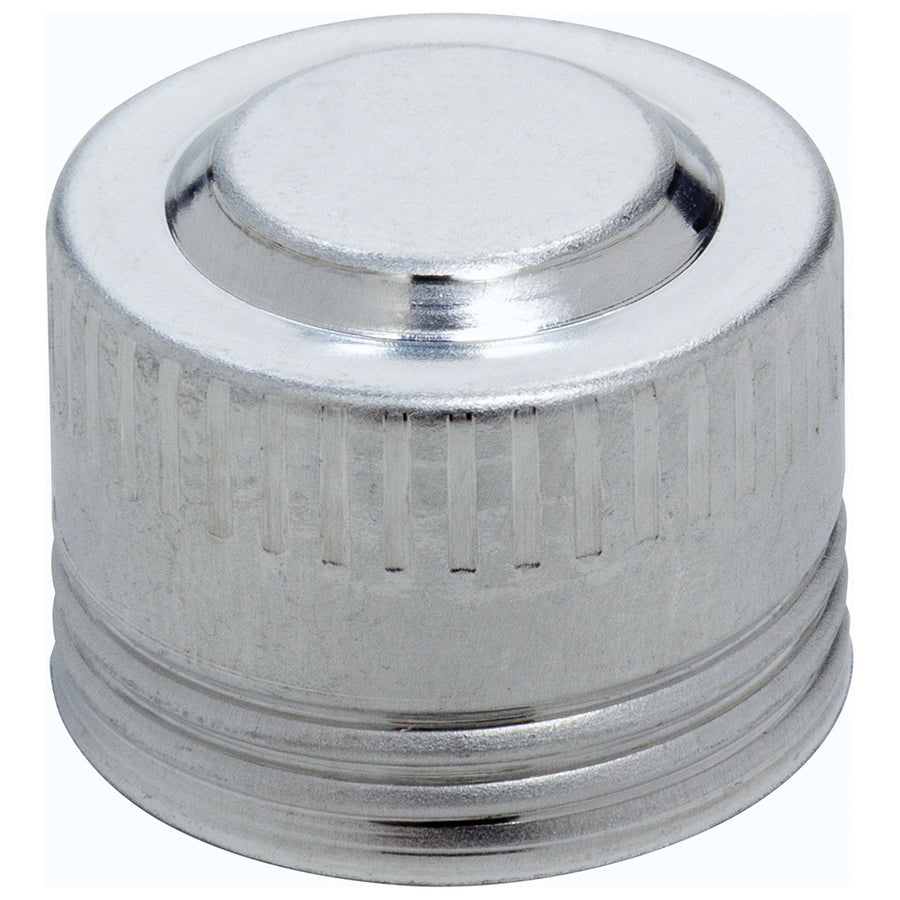











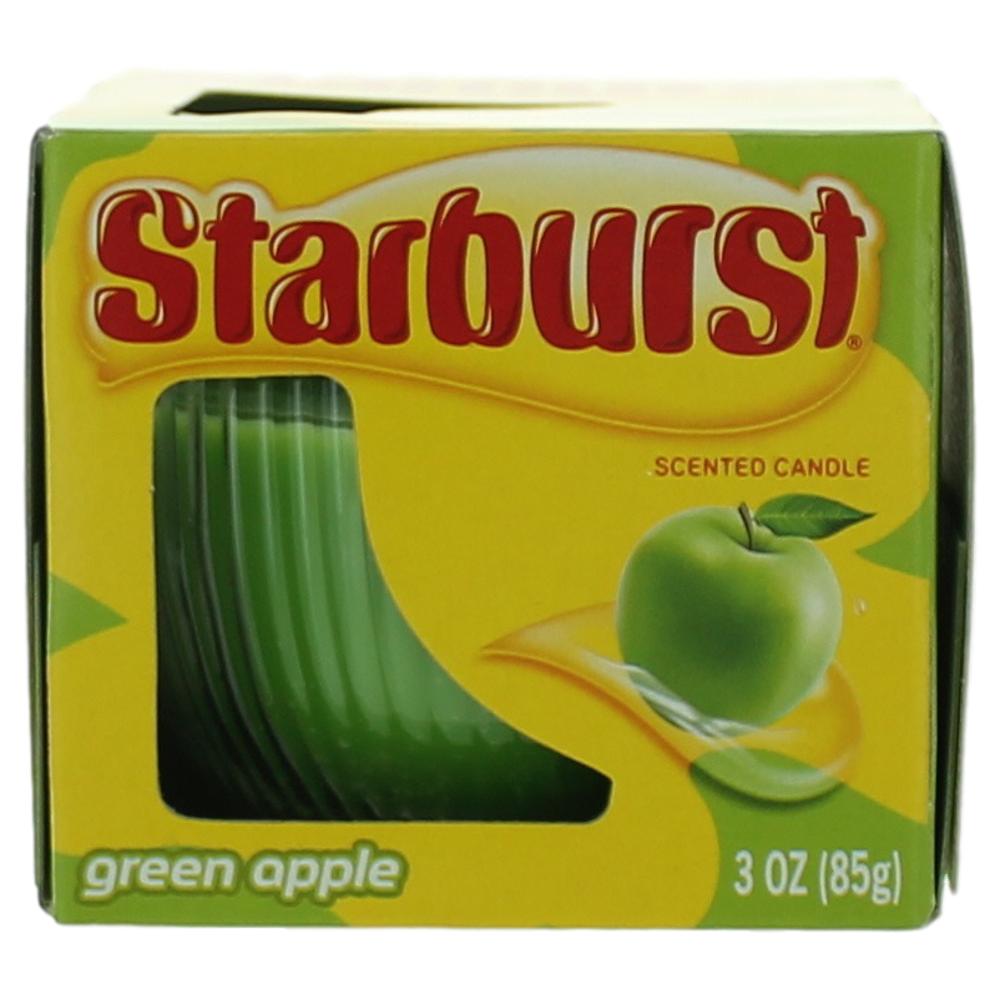



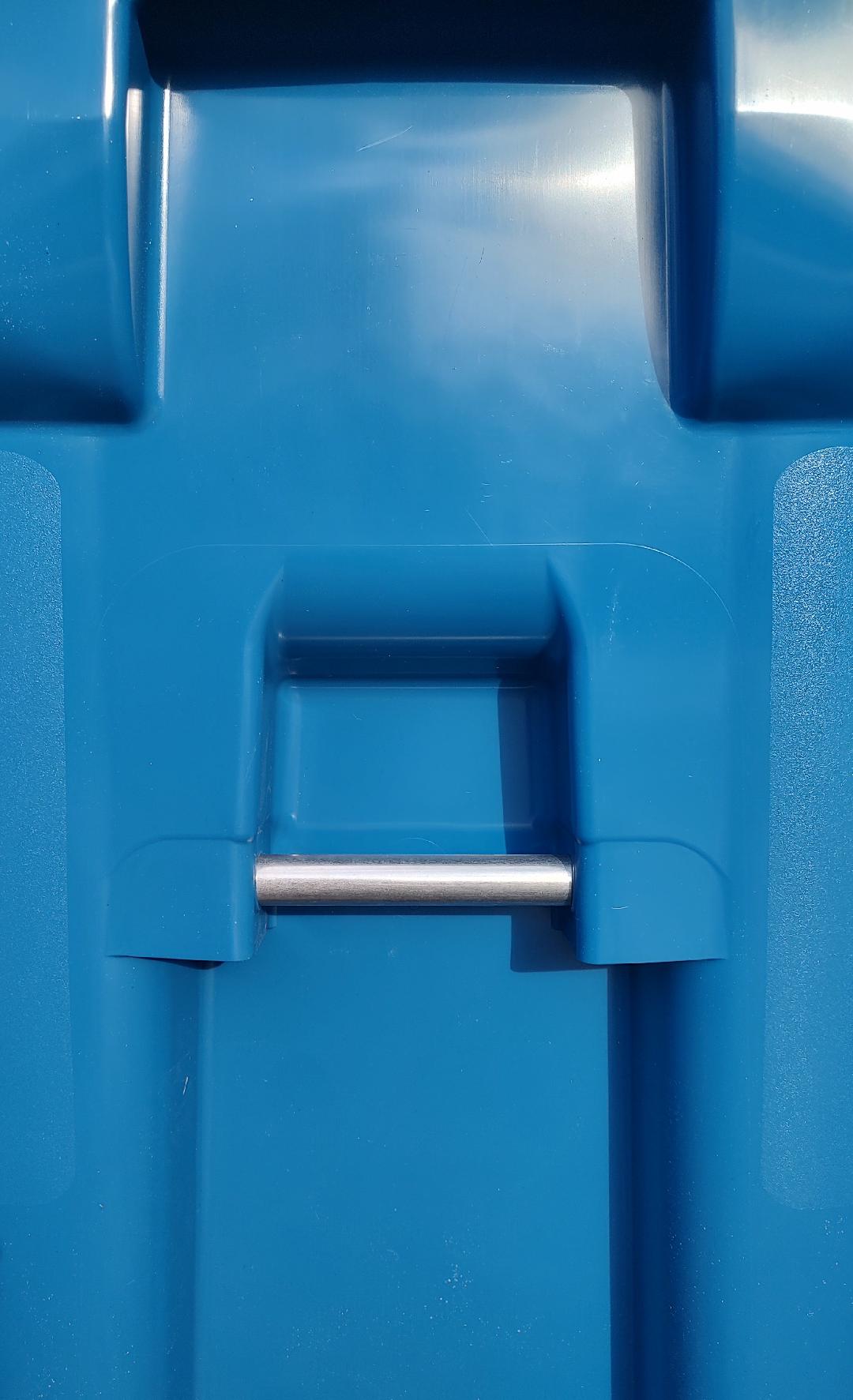


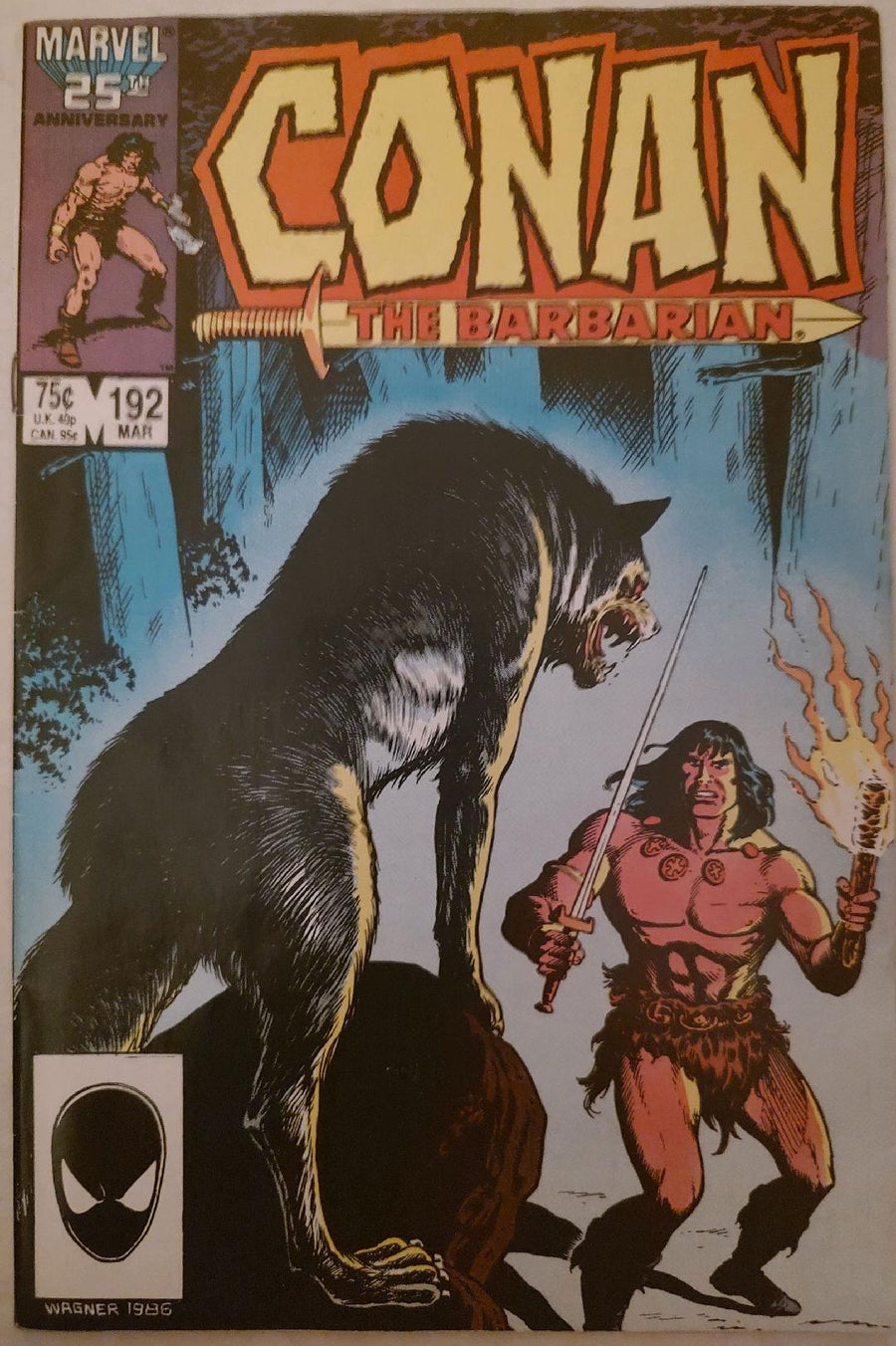
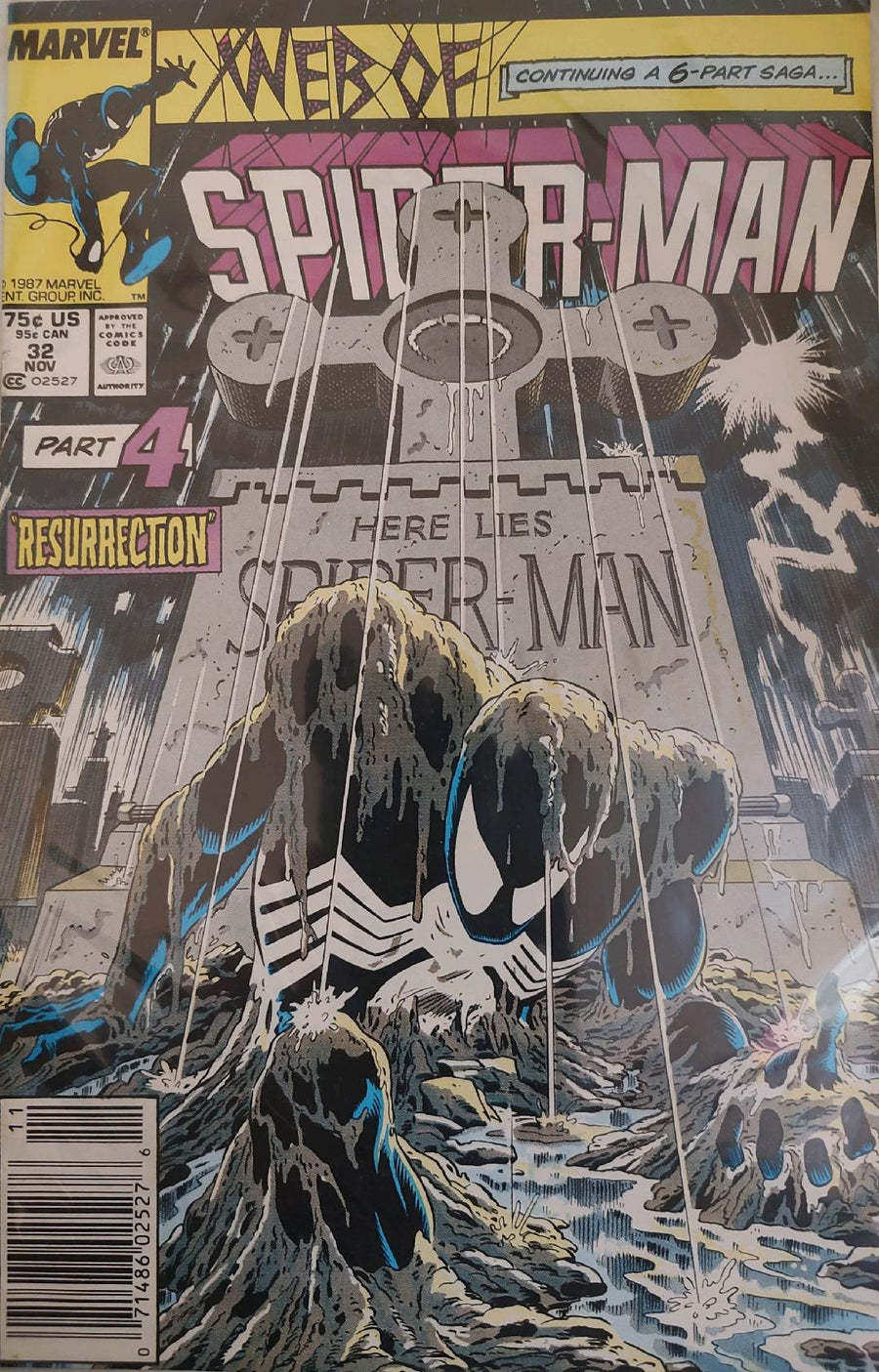
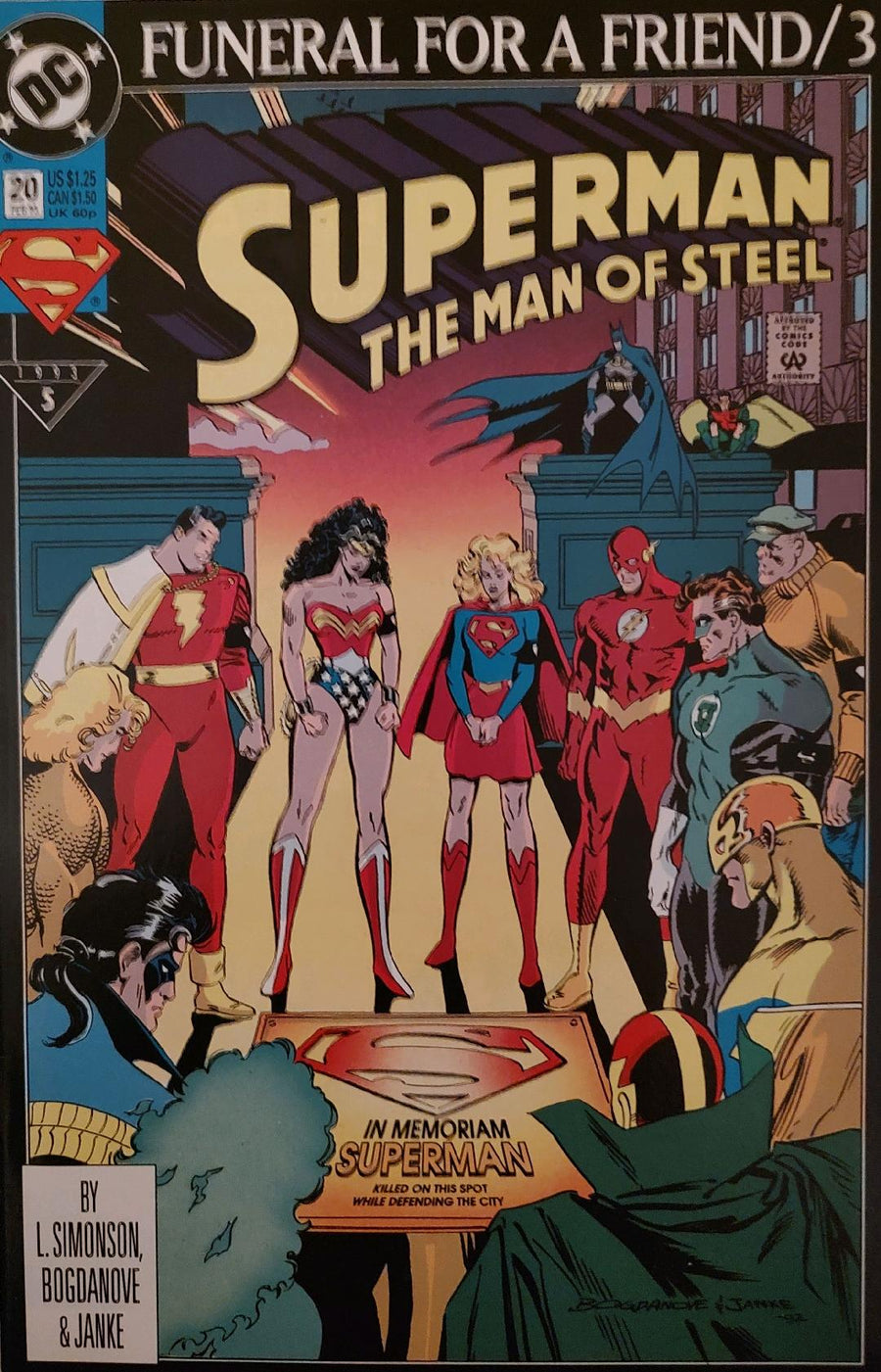
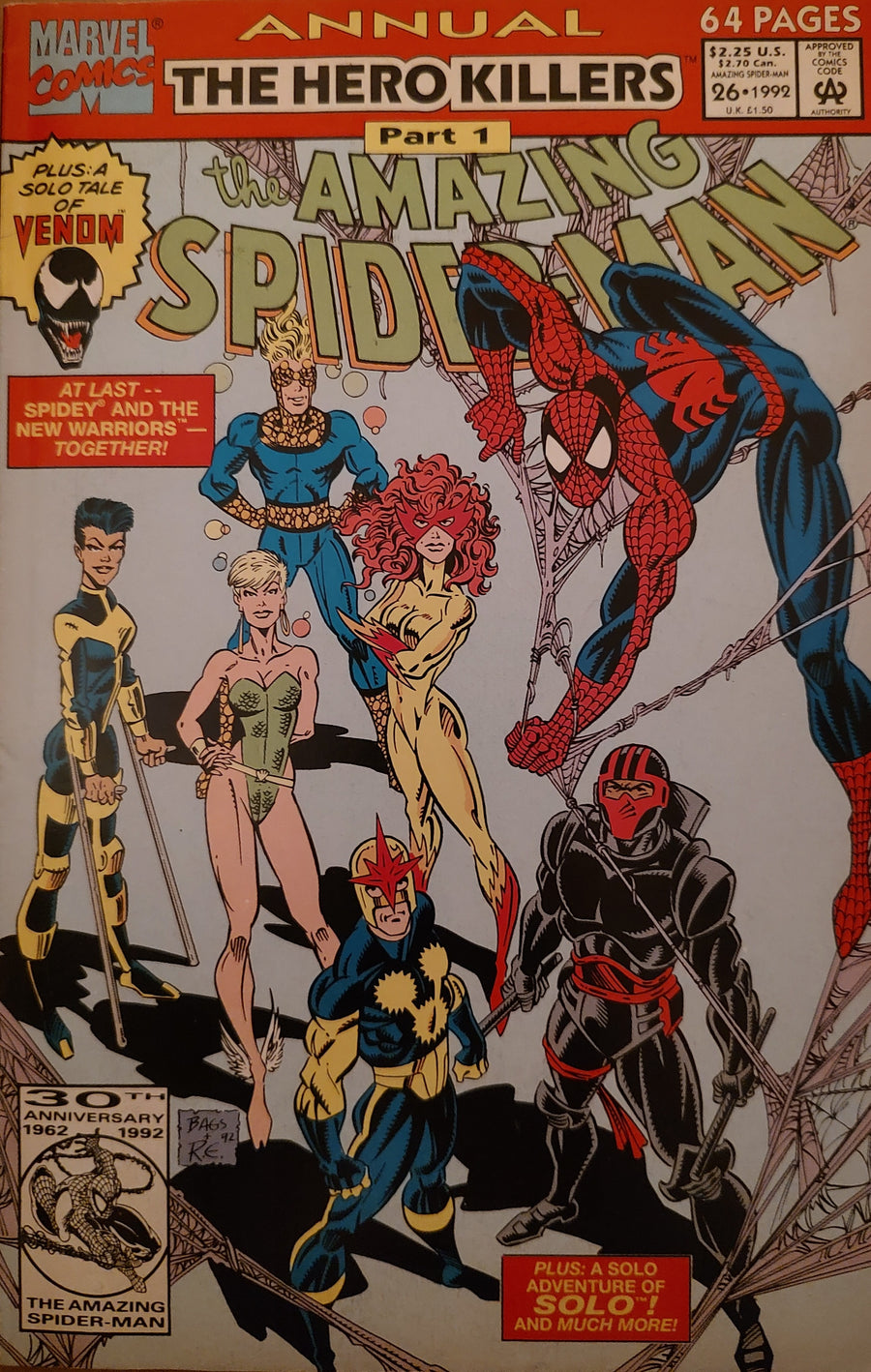
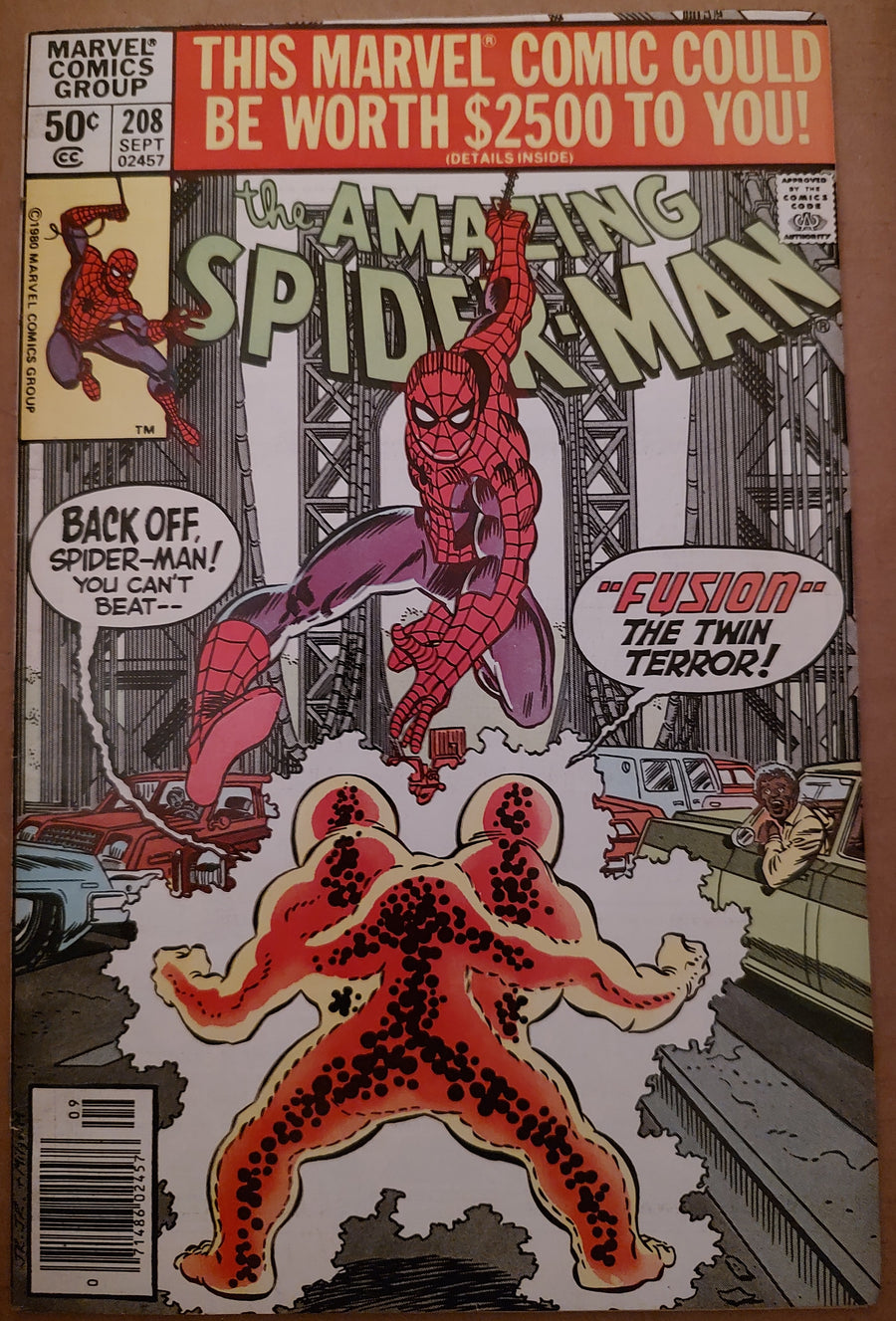
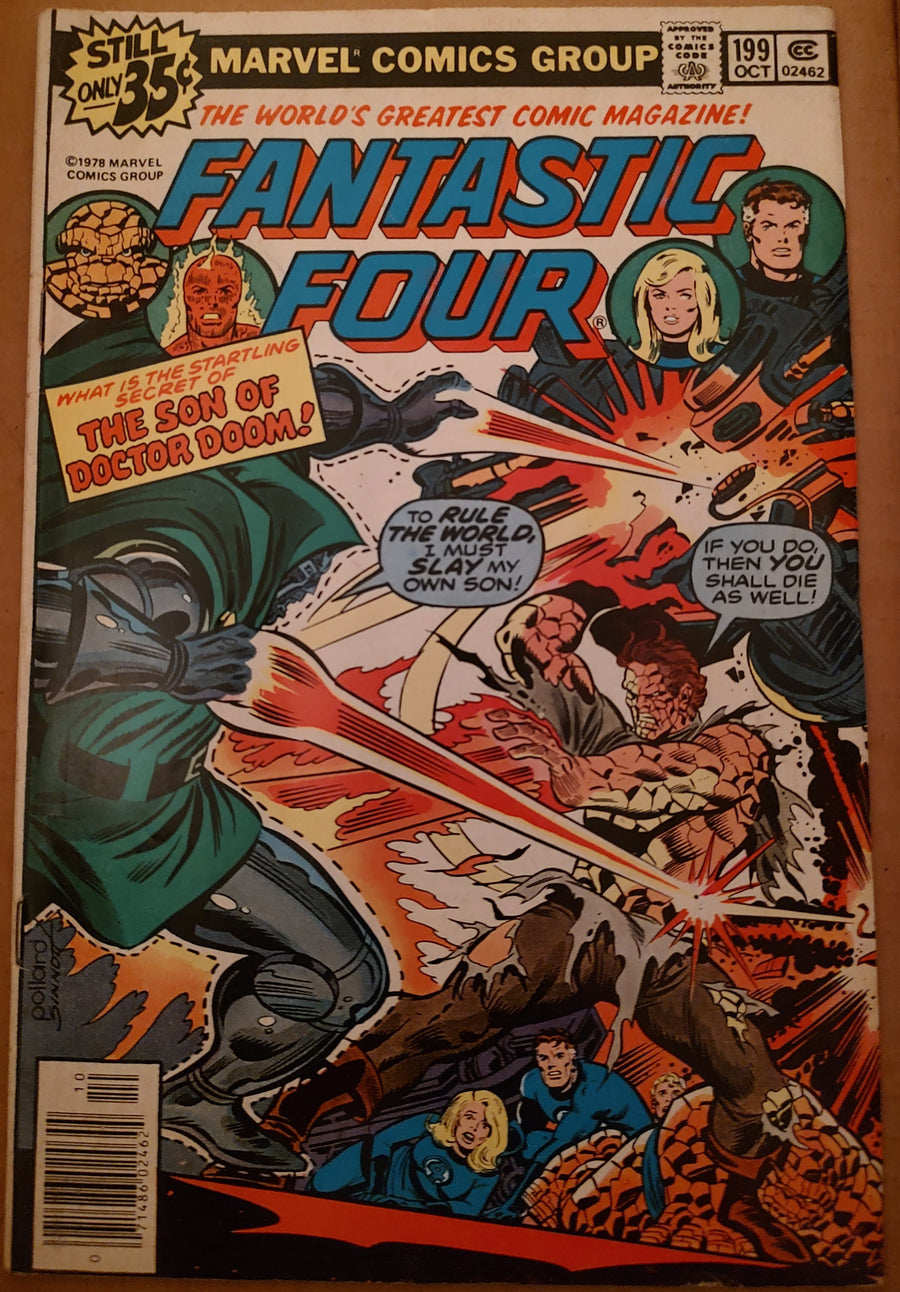
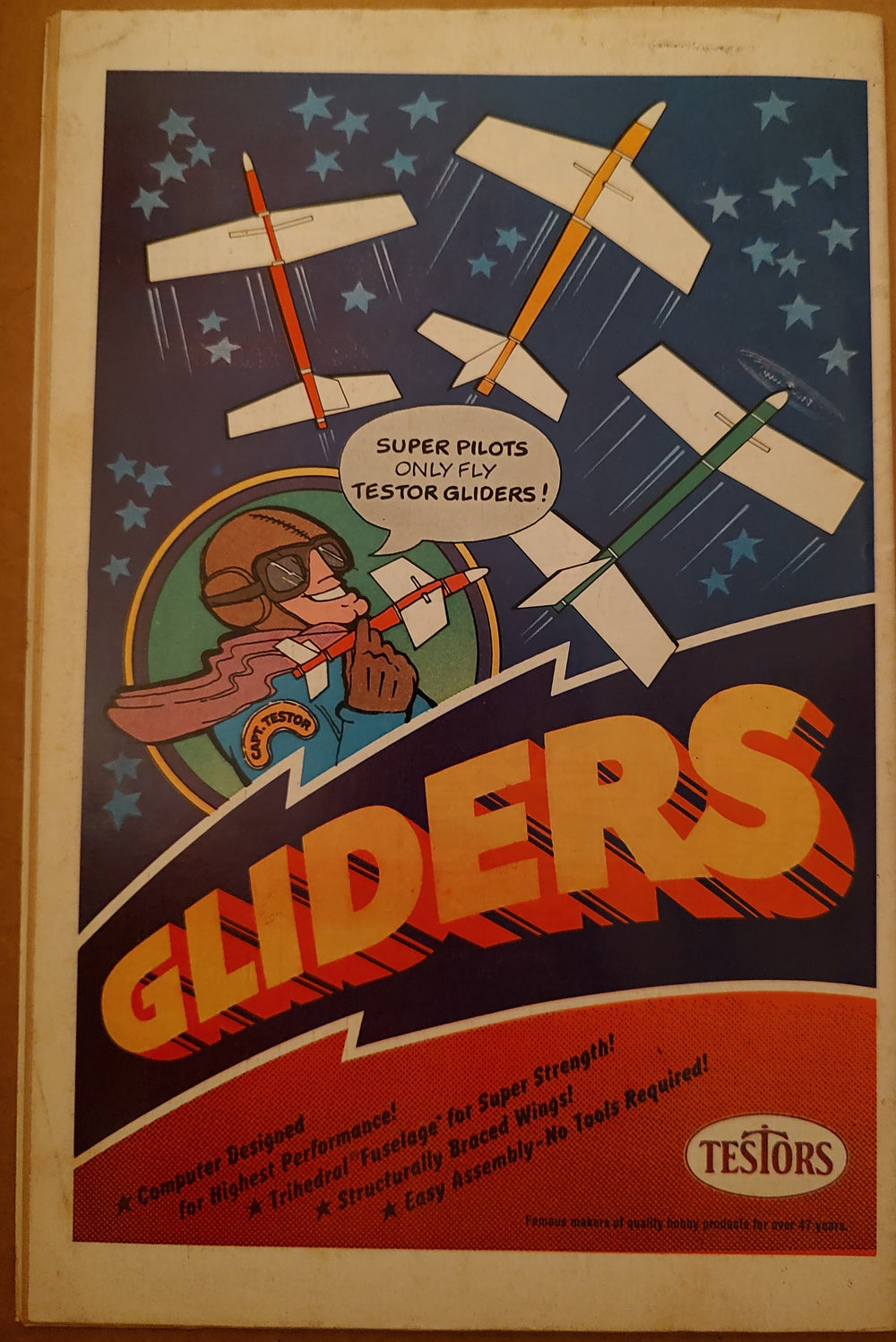
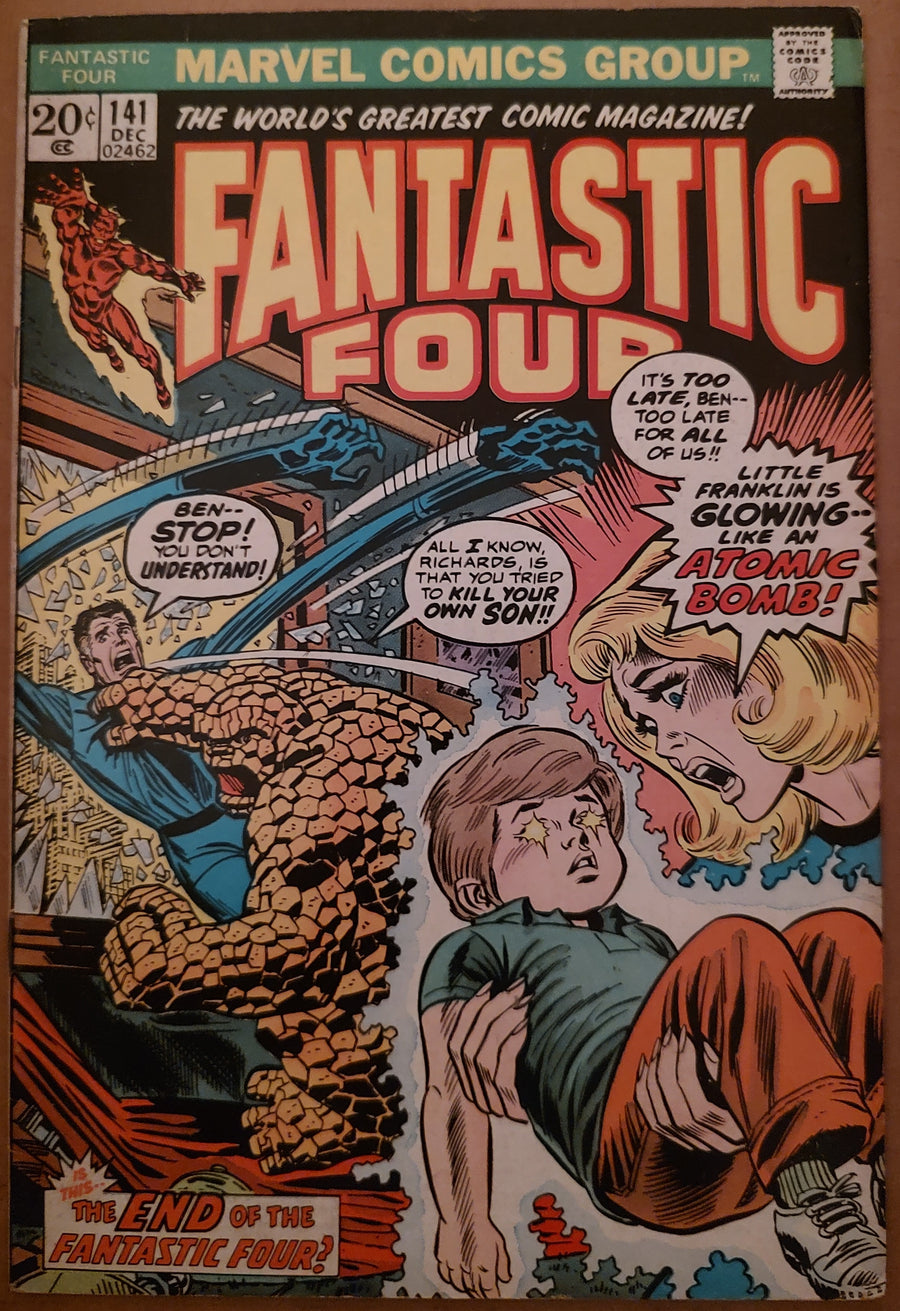

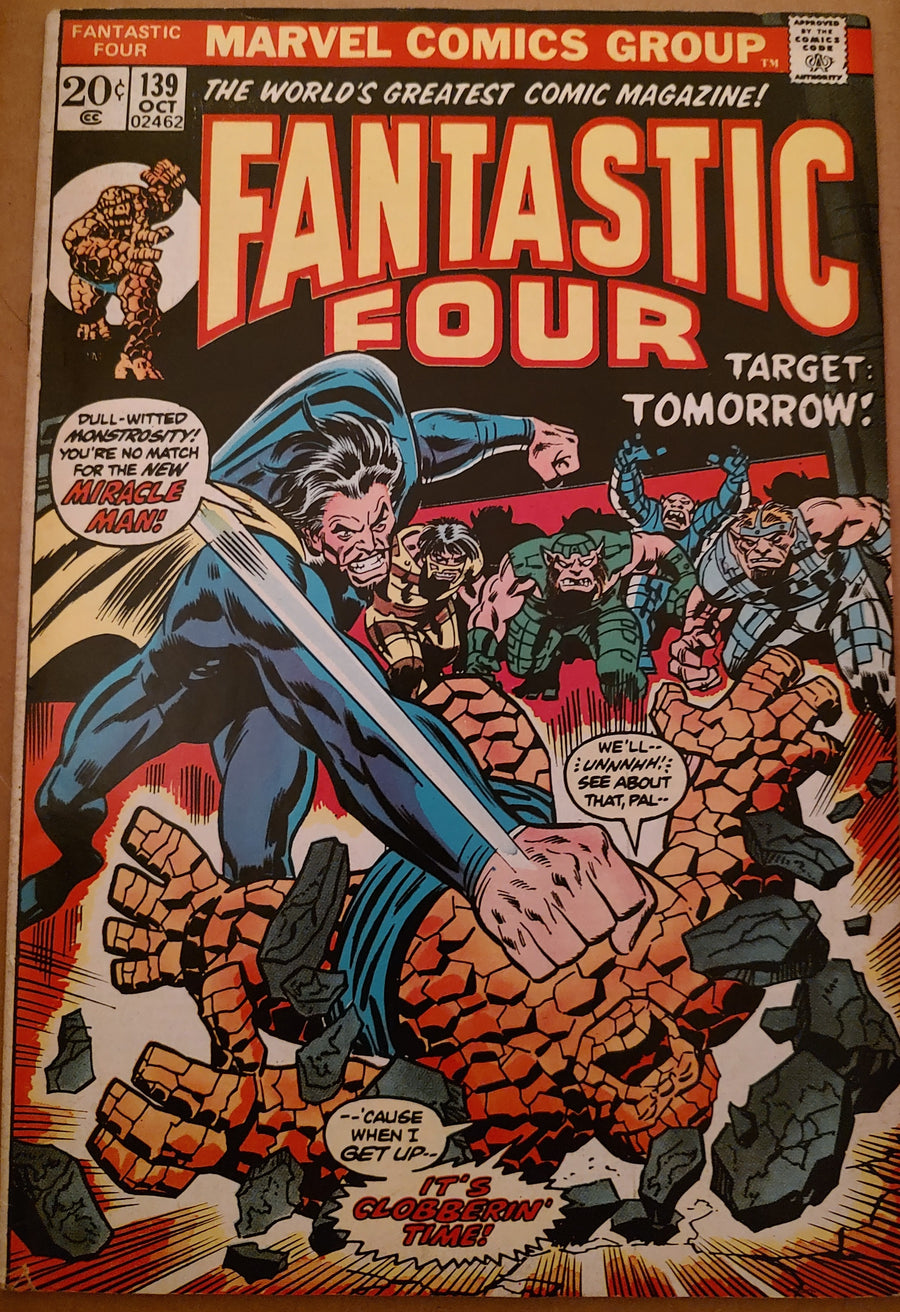
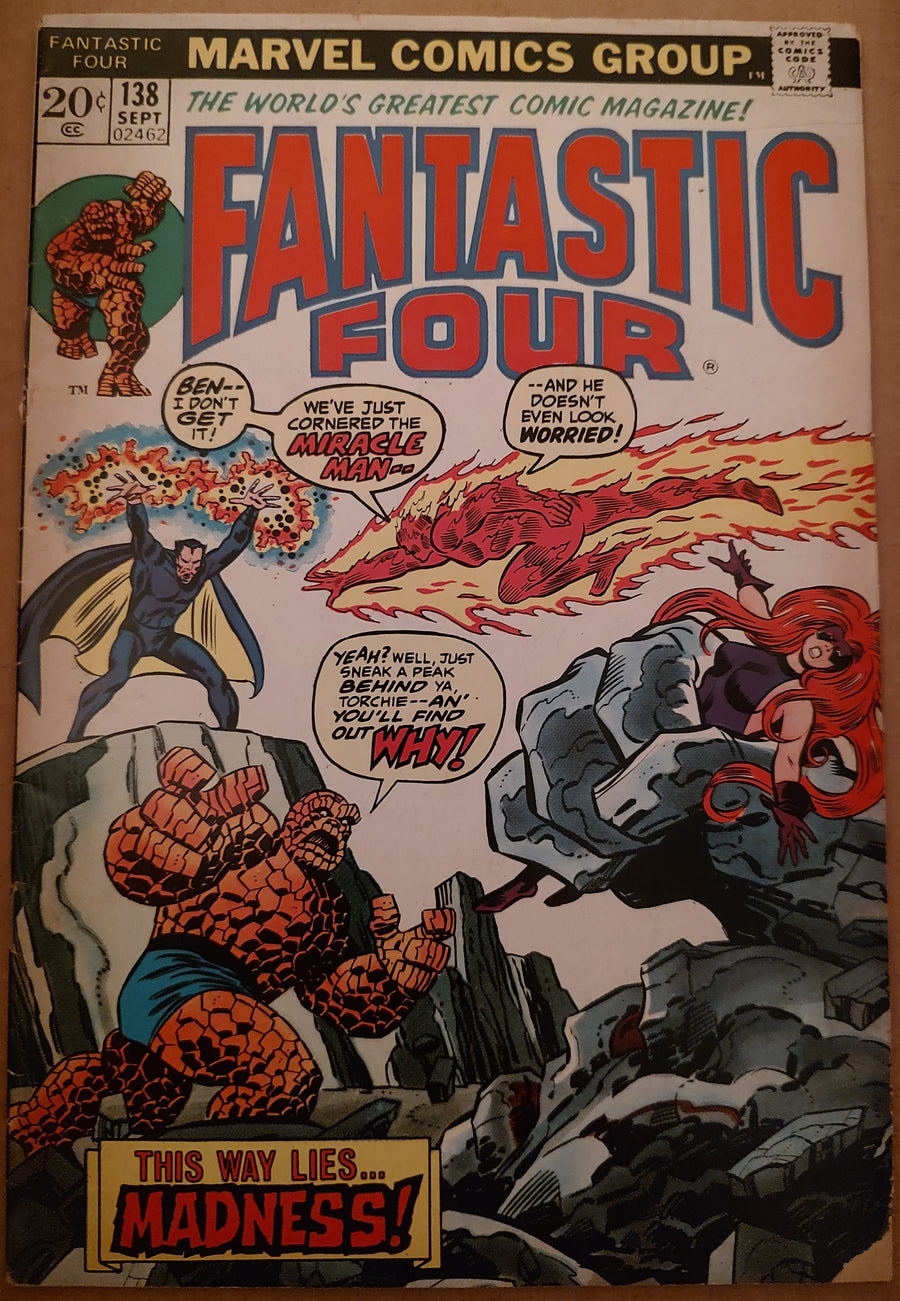
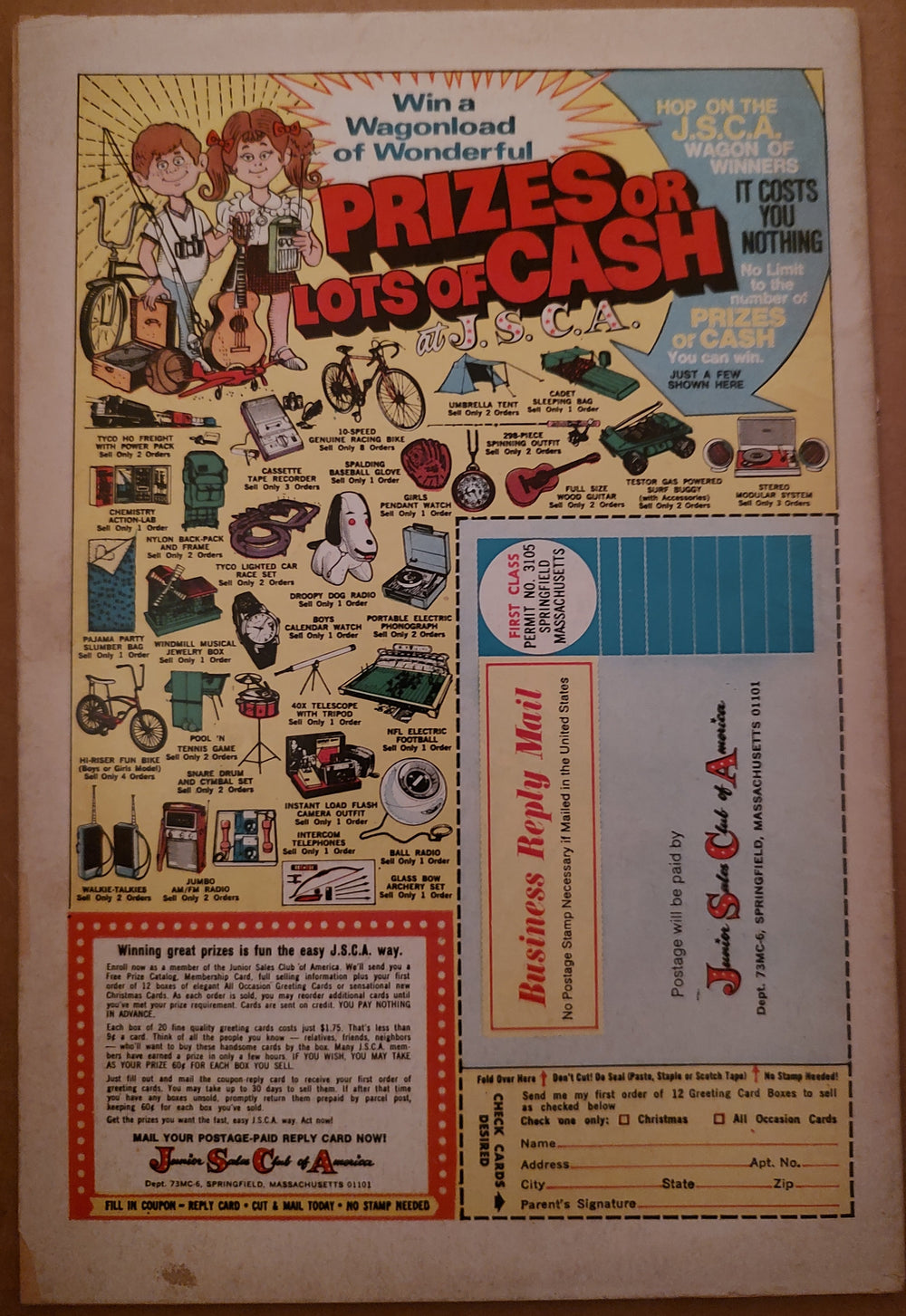
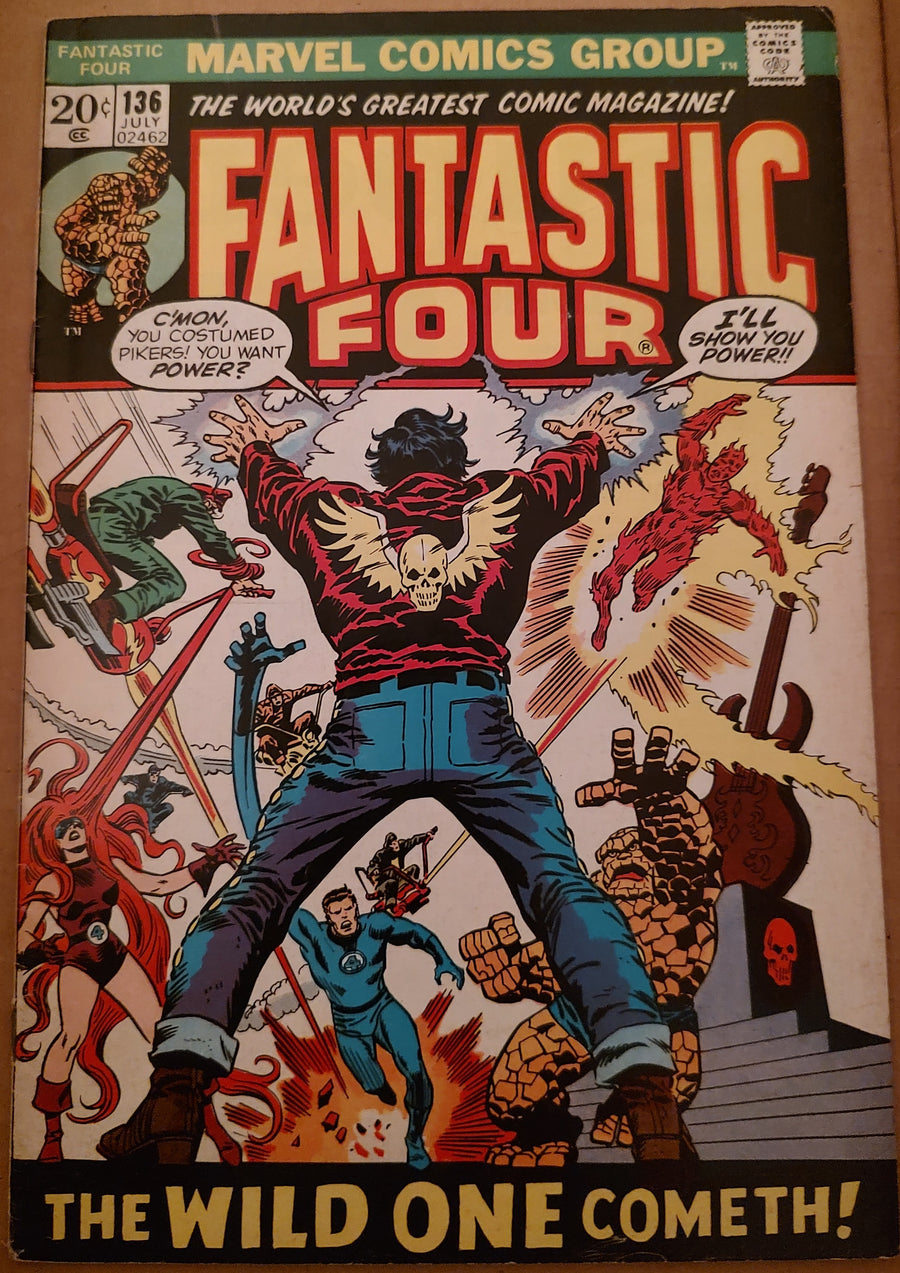





Leave a comment